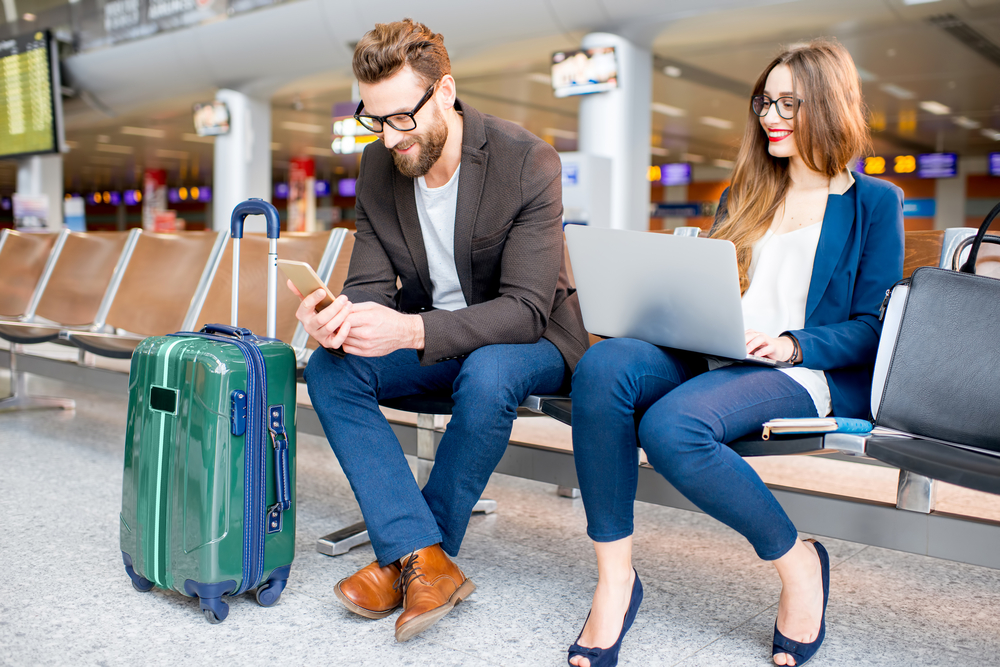In 2023, Millennials and Generation Z will comprise more than 60% of the workforce – and they will dictate corporate travel trends for at least the following five years.
A few years from now, business trips will be far what we currently experience, considering that a large number of millennials will be in the labour market. Right now, our workforce is a blend of Baby Boomers, Generation X, and Millennials, but in the next five years, most of the Baby Boomers will retire, while iGeneration or Gen Z will be on the starting line of their careers.
Historically, the travel industry has treated the demographics as distinct entities. Millennials are experts in combining business trips with leisure. Therefore, they plan their business trips like their weekend getaway. The coined term “bleisure” means mingling of business and leisure travel, which is very attractive for the younger generation.
While Baby Boomers and Gen X lamented going on business trips, Millennials seem to have a deep desire for travel and acceptance of travel for business. Sanghamitra Bose, general manager of American Express Global Business Travel for Singapore & Thailand, shared some interesting insights on corporate travel trends in 2023 at the recent ACTE Global Summit and Corporate Lodging Forum in Singapore last week. Bose said that 77% of millennials extends work trips to include leisure.
Travel as social currency

Travel companies are chasing after Millennials because their working generation is predicted to be the biggest ever, surpassing even the Baby Boomers, by 2028. With their smartphone in hand and backed by their desire to explore the world, Millennials travel for at least three to four times a year. The younger generation is more willing to immerse themselves in another place even if that destination is dictated by external factors such as a work meeting.
For the younger generation, the line between their personal and professional lives is often blurred, with the increasing number of professionals working from home or working flexible hours. Millennials embrace flexibility: research shows that companies that offer optimum work and life balance attract more productive, engaged and loyal workers in the long-term. Don’t be fooled into thinking that Millennials do not have that much purchasing power. According to Bose, 78% of Millennials would rather spend their money on desirable experiences than buying something.
Even those who cannot afford to travel internationally make a point to go on domestic weekend trips to experience something new. Young people are also working harder than ever and are putting off major life milestones like marriages, mortgages and children.
Instead of these traditional achievement markers, travel is the perfect currency for social media-obsessed Millennials and the iGeneration. Therefore, they always look for Instagram-worthy spots to include in their itineraries.
Safety first

To calm their fears, the younger generation turns to technology. Growing up with technology, Millennials and iGen are comfortable using them. They turn to social media to plan their trip and trust the opinions of their friends in a location. They also tend to book everything online for they favour ease of use and hassle-free planning.
Meanwhile, travel managers also express their concerns regarding the security of the corporate travellers. According to a research study released by American Express Global Business Travel and ACTE Global (Association of Corporate Travel Executives), 61% of the managers surveyed state that their travellers request improvement on technological tools directed to managing their business travels. Travel managers also insist on appropriate training and education of corporate travellers and many of them prefer to equip travellers with technology to ensure their safety.
In the next five years, it is clear that the younger generation will dictate travel trends that companies will use as benchmarks to conduct their business. Corporate travellers face challenges such as safety and security, and work and life balance.
‘Bleisure’ destinations and packages that combine business and pleasure will most likely win the business of modern corporate travellers. Millennials desire flexibility and ease of use when it comes to planning their itinerary. Lastly, safety is an important factor in Millennial’s travel. Trips that offer a high level of security and safety will surely attract the younger generation.








